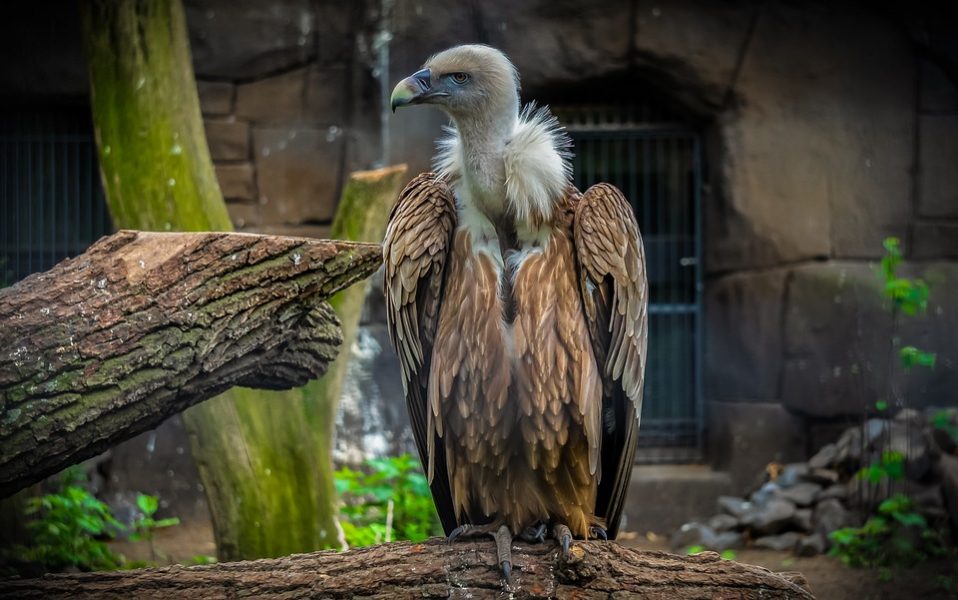
Diclofenac isn’t only drug to kill vultures; BNHS recommends ban on 3 more

For years, diclofenac, a veterinary drug, was considered the main and only cause of dwindling vulture population in India, but scientists say there is more to the story.
The Bombay Natural History Society (BNHS) has asked the Union Ministry of Environment, Forest and Climate Change (MoEF&CC) to ban the use of three more such drugs to save the vultures, which are very good scavengers and help maintain ecological balance.
Diclofenac is a nonsteroidal anti-inflammatory drug (NSAIDS) used to treat pain and inflammatory diseases. In the beginning of the 90s, it was widely administered to livestock in India for treating the symptoms of inflammation, fevers and/or pain associated with disease or wounds. The drug, however, proved fatal to vultures, which got exposed to the drug on eating from the carcass of an animal that has been treated with diclofenac recently. The drug was banned in 2006 for animal use because it caused widespread vulture deaths.
Recently, the BNHS pointed out that the use of three drugs—aeclofenac, ketoprofen and nimesulide — is threatening the survival of vultures and may reverse the good work that the Centre has done in the last two decades to revive the population of nature’s best scavengers. Interestingly, the three drugs were introduced as an alternative to diclofenac. In fact, diclofenac was only permitted for human use, but it was wrongly used in cattle treatments.
Chris Bowden, co-chair, Vulture Specialist Group at the International Union for Conservation of Nature said that deaths due to NSAIDS are invisible. Because the birds die a couple of days after ingesting the medicine, scientists find it difficult to establish a clear connection, he said, adding that while India has slowed down vulture mortality rate, the population of the bird is far from stable.
As per the census conducted by intergovernmental body Bird Life International, India’s vulture population dropped from over 40,000 in 2003 to 18,645 in 2015. At present, eight species of vultures are facing an extinction.
Not that the government is unaware of the ill effects of aeclofenac, ketoprofen and nimesulide on vultures. India’s vulture conservation action plan for 2020-25 recommends a ban on the veterinary use of the three drugs. India is also a signatory to the Convention on Migratory Species’ Multi-species Action Plan to Conserve African-Eurasian Vultures, which recognises NSAIDS as a major threat to vultures in India, reports Down to Earth.
There are safe drug alternatives available to treat cattle. The vulture action plan recommends meloxicam over diclofenac. Prakash says tolfenamic acid is the other safe option.
The challenge, though, is a lack of awareness.

